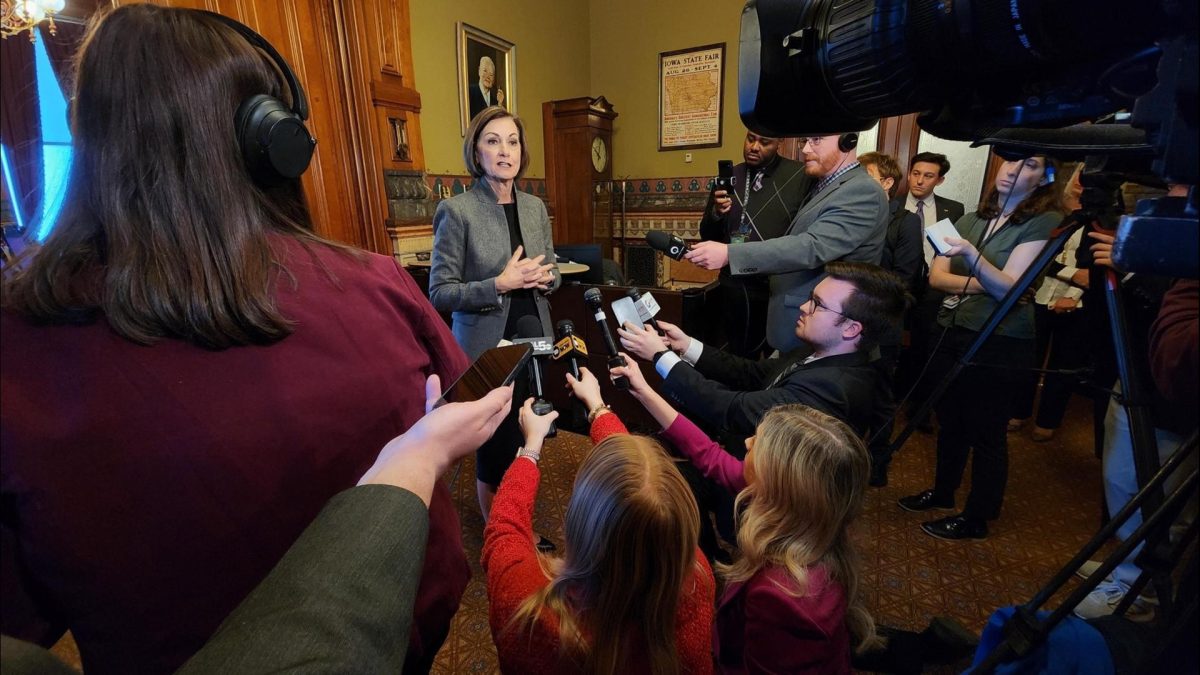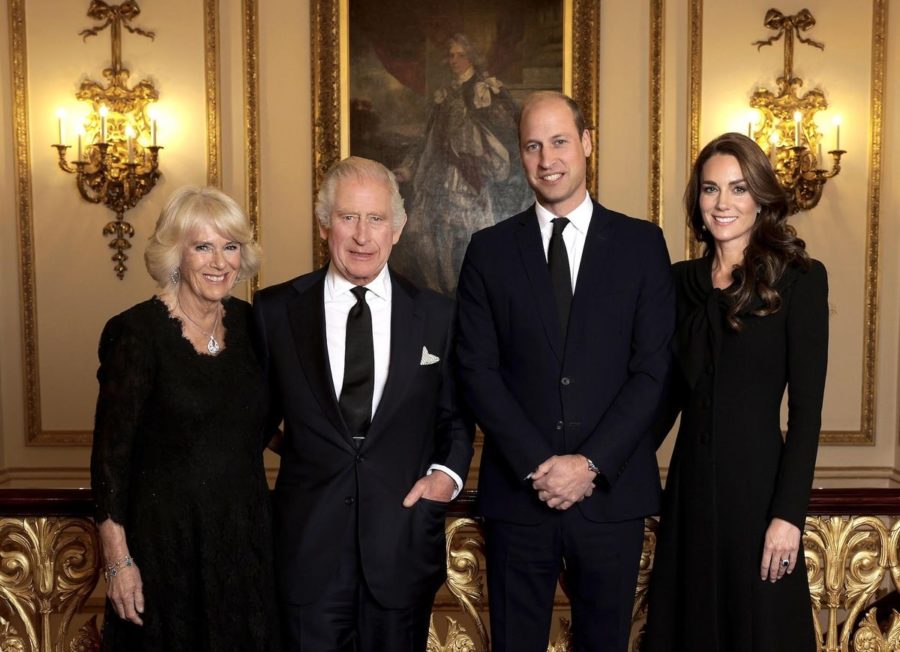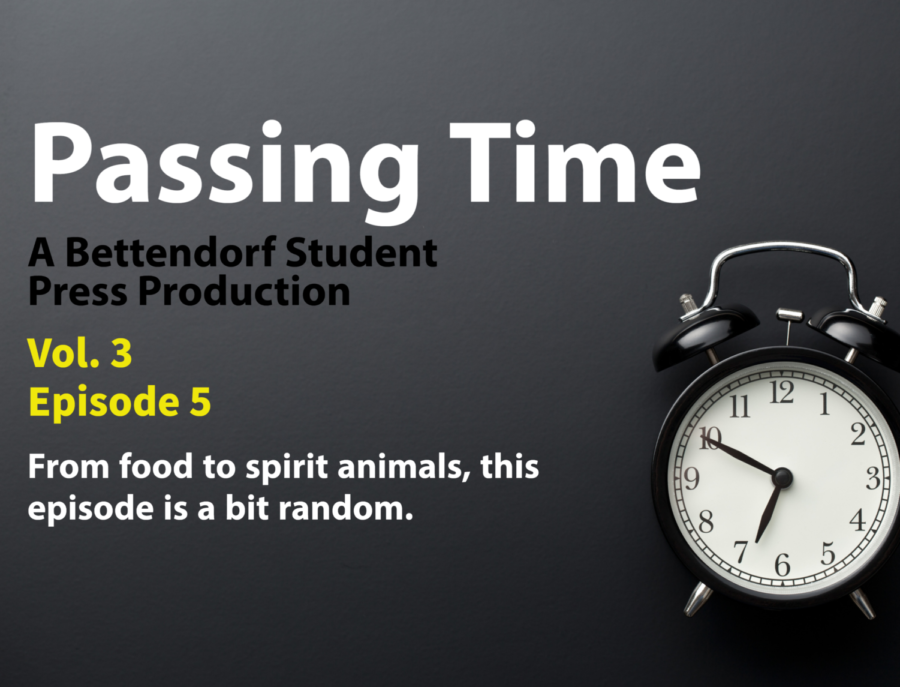We may want to rethink our obsession with true crime
October 6, 2022
The new Netflix series, “Monster: The Jeffrey Dahmer Story,” has become a topic of discussion in and out of the classroom. It shows Jeffrey Dahmer, also known as the Milwaukee Cannibal, throughout his life with grisly accurate details surrounding the crimes he committed.
The release of this show has sparked a conversation about the way true crime media has gained immense popularity and the harm it is doing to the victims and society. The popularity of true crime is in part due to the increase of media covering uniquely fascinating cases in easily accessible ways.
Society likes being able to access things we can’t see in everyday life. Scott Bonn, professor of sociology and criminology, believes that the public is drawn to these cases because we are drawn to the adrenaline of fear that is triggered within us.
“As a source of popular-culture entertainment, serial killers allow us to experience fear and horror in a controlled environment, where the threat is exciting, but not real. Serial killers are for adults what monster movies are for children,” said Bonn to “Psychology Today.”
Social media has created a platform for people who are engrossed with the true crime genre to put their own input on cases and this often minimizes the trauma these crimes inflict on the victim and their families.
Online influencers make videos explaining murders or missing person cases while having a smile on their face and making the content of the cases more digestible for audiences.
Covering gruesome cases of serial killers but making the sickening details more manageable for people to sit through and enjoy plays a factor in the new glorification of the true crime industry. These new movies, shows, podcasts, etc. don’t only do this with the facts of the case but as well with how they present the way victims fall into these serial killers’ traps.
It is understandable that they don’t want to have a real dead body or details in a movie but that’s the truth of what happened and they shouldn’t diminish what people had to go through to make it more appealing, they should ensure that their portrayal is accurate and truthful.
Hollywood picks handsome actors to play psychopathic killers like Zac Efron as Ted Bundy and Ross Lynch as Jeffery Dahmer. Making movies about real-life serial killers with top-name actors can make it difficult for some people to see that these killers aren’t just fictional characters for their entertainment, but they were real people who committed very real crimes.
People start developing an obsession with these cases and see it as a fun movie to watch on a night in, completely disregarding the fact that innocent people were taken away from their lives and families by this real killer.
On Twitter, a family member of one of Dahmer’s victims posted the following;, “It’s re-traumatising over and over again, and for what? How many movies/shows/documentaries do we need?…Like recreating my cousin having an emotional breakdown in court in the face of the man who tortured and murdered her brother is WILD.”
When producing these new documentaries, they often include ways these infamous killers’ lives went wrong that turned them into a killer making the real victims of their crimes seem like just a bump in the road. They focus on the perpetrators and not the victims.
In one flashback scene, for example, Dahmer’s father is over the moon when his son shows an interest in examining roadkill. In another scene, his father mentions all of the medications Dahmer’s mother took while pregnant with him, suggesting that they could have altered his brain chemistry in some way.
Victimizing serial killers by showing sad parts of their childhood that could have led them to commit these crimes makes us want to feel bad and excuse them for their acts when in real life these are horrendous, awful murders.
Making family members of the victims have to relive what they went through after losing someone they loved is insufferable. The ethics behind making these true crime documentaries without notifying victims’ family members is a big topic of conversation.
Rita Isbell, sister of Errol Lindsey, gave an impactful statement about losing her brother during Dahmer’s sentencing that was re-created in “Monster: The Jeffrey Dahmer Story,” she wasn’t contacted by Netflix and criticizes them for profiting off victims’ families’ trauma.
“I feel like Netflix should’ve asked if we mind or how we felt about making it. They didn’t ask me anything. It’s sad that they’re just making money off of this tragedy. That’s just greed…The episode with me was the only part I saw. I didn’t watch the whole show. I don’t need to watch it. I lived it. I know exactly what happened,” said Isbell to “The Hollywood Reporter.”
As a society, we need to step back and take a look at how we consume the media of the true crime genre and whether we’re promoting the glamorization of these grisly murders.








































